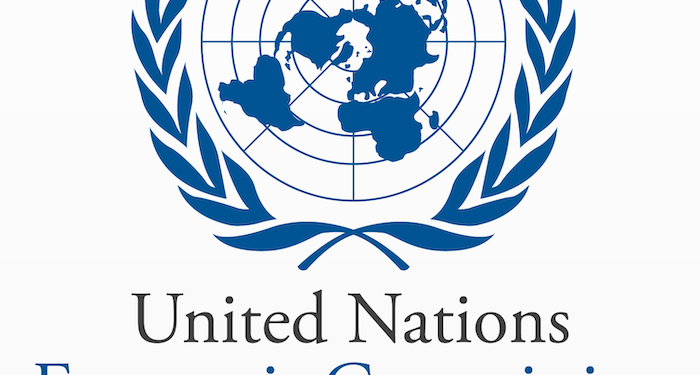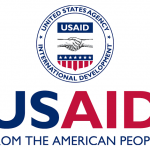Climate-induced catastrophic events have led to severe humanitarian crises in Africa. Between 2000 and 2022, a total of 407.5 million people in Africa were affected by natural disasters. During this time, 4.2 million people became homeless, 53,610 people died and 52,205 were injured.
This is according to the Economic Report on Africa 2023 (ERA2023) which will be launched on December 18, 2023, in Abuja, Nigeria.
Titled: “Building Africa’s Resilience to Global Economic Shocks”, the report shows that climate shocks generally are highly correlated with the cyclical component of GDP growth and not with the long-term trend in Africa, which suggests that part of the volatility observed in growth emanates from climate-induced shocks. A temperature increases beyond a threshold of 0.7 degree centigrade results in reduced real GDP growth. At 1.8-degree centigrade change in temperature, which is expected to prevail by 2030, if current trends persist, we could expect a 2-percentage point decline in real GDP growth, eroding the benefits from positive shocks, such as commodity price booms, and amplifying the impact of negative shocks. In addition, preliminary results of the report show that the frequency of natural disasters increases public debt levels directly. A unit increase in natural disasters could lead to a 0.25 percentage point increase in the ratio of net public debt to GDP.
More significantly, climate change in Africa tends to derail poverty reduction and, in some cases, destroy the livelihoods of millions of people that mainly rely on agriculture and small businesses. Droughts, floods, frosts, and other natural events that lead to crop failure affect the welfare of households that live in rural areas and small towns. A one unit increase in natural disaster frequency would increase the percentage of households living in extreme poverty by 4.4 percentage, says the report.
The report carries important lessons regarding how African countries must incorporate climate change in the design and implementation of their long-term growth strategies. The report calls among other for a development strategy for countries that “leverage their natural resource endowments in a manner that stimulates economic growth while gradually reducing the intensity of carbonization associated with economic activity, especially production, transport and consumption”. This requires embracing green industrial policy at the core of the design and implementation of national development strategy.
To finance this sustainability transitions, the report recommends the issuance of green and blue bonds which can exclusively direct financing to projects with
climate and environmental outcomes aligned with Sustainable Development Goals (SDGs). The debt-for-nature swaps envisage climate and nature transactions with positive environmental impacts and can also contribute to Africa’s debt sustainability and provide countries with additional fiscal space to invest in climate resilience and adaptation actions. The development of a mechanism which would facilitate debt buybacks and re-issuance at cheaper rates would be a key factor in allowing countries to sustainably restructure expensive existing debts and enable investment of savings in climate resilience.
Currently, ECA supports the operationalization of the Sustainable Debt Coalition initiative, which upholds these financing mechanisms to assist in addressing Africa’s debt management challenges.
Distributed by APO Group on behalf of United Nations Economic Commission for Africa (ECA).










